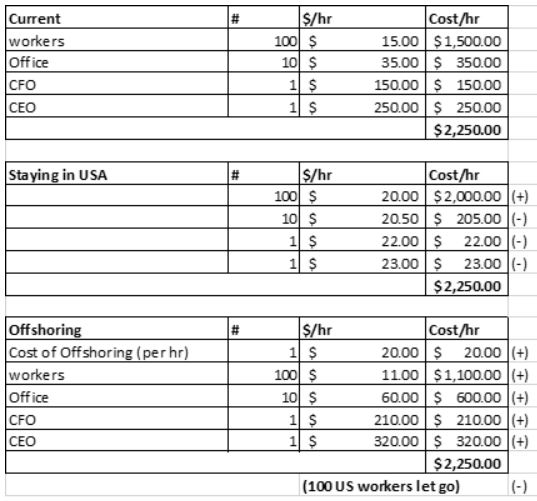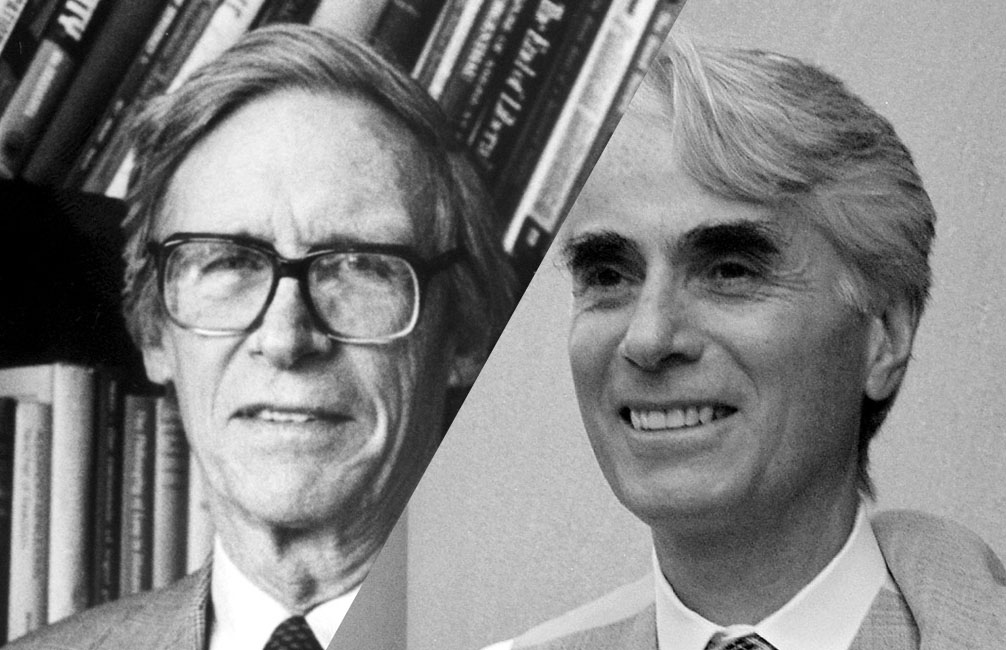John Rawls’s theory of ethics begins with an experiment he calls the veil of ignorance. The veil attempts to justify the principle “that free and rational persons concerned to further their own interests would accept in an initial position of equality as defining the fundamental terms of their association” (Rawls, 10) [1]. In this experiment, Rawls recognizes that information about race, wealth, and our general background will influence us in our ethical outlook. To counteract our bias, he has us imagine a “situation in which everyone is deprived of this sort of information” (17). From this experiment, Rawls argues that we would choose two principles. First, there would be a general “equality of basic rights and duties” that exists for all people. Second, we have Rawl’s famous difference principle which “holds that social and economic inequalities […] are Just only if they result in compensating benefits for everyone, and in particular for the least advantaged member” (13). Though a contentious position, Rawls puts forward these two principles based on an assumption of how one would respond to the veil of ignorance scenario. He looks to make sure both rights are protected and the least advantaged member of society is advantaged in any ethical scenario.
Nozick, an ethicist who finds himself to be the antithesis to Rawls, puts forward an ethical theory based on the prioritization of individual rights. While in strong disagreement with Rawls, he too has a theory of ethics that is easily applicable. For Nozick, Justice starts and ends with the fact that “Individuals have rights, and there are things no person or group may do to them (without violating their rights)” (Nozick, ix) [2]. A decision made can only be unethical if it violates the rights of another person. In a morally ambiguous decision, where the individual who makes the decision does not violate another individual’s rights, there can be no injustice. Using the government to balance out those who have less favorable circumstances is itself unjust, as “There is no central distribution, no person or group entitled to control all resources, jointly deciding how they are to be doled out. What each person gets, he gets from others who give to him in exchange for something, or as a gift” (149). Nozick refutes Rawls by commenting on the injustice the difference principle causes in a family setting. He highlights how immoral it is to ignore the rights of other children, holding them back, to help the least fortunate sibling (167). Justice cannot ever be attained, for Nozick, when it involves violating someone’s rights.
With the theories put forward, let us imagine how Rawls, Nozick, and Mills’s ethics would answer the following situation. Company A is faced with increased labor costs for the relatively simple work of producing frozen pierogi. An increased minimum wage to $20 an hour in 2025 has put a strain on this medium-sized business. It currently employs 100 line workers ($15 an hour), an office staff ($30 an hour) of 10, the CFO ($100 an hour), and the CEO ($200 an hour). With the new minimum wage, the company is faced with either complying or outsourcing its production. The table below presents the two options:

For Nozick, the answer is simple: there is no immoral option (outside of the government increasing the minimum wage perhaps). As the owner of the company, A, you can choose to keep your current staff and accept the pay cut out of your own generosity, make a hybrid of the two, or go offshore. The owner of the company is not obliged to hire its employees any more than it stipulates in a contract, and there is no ethical quandary in the question at all. For Rawls, the answer is a bit more complex, but ultimately, I believe his difference principle would result in most employees staying in the USA and the company transitioning towards a mixed approach as employees leave/retire. This way the company would attempt to benefit everyone, having the best option for the least advantaged group (the line workers). The office staff, CFO, and CEO would absorb the hit upfront and slowly benefit as the company transitioned to the mixed approach.
For the utilitarian, the answer could vary. If I give more weight to the pain that comes from cutting the pay of all non-line workers, I could end up at the offshore example because the new 100 hires’ pleasure of having a job and the other employees who get raises outweigh the 100 US employees that got sacked. On the other hand, I could argue that the $5 increase for the 100 employees by staying in the US generates enough pleasure to outweigh the hurt dealt to the office staff, CFO, and CEO. Depending on my assumptions of how much weight to attach to the pleasure of a bonus (or new job) against the displeasure of lost money (or a lost job), my answer can change. Utilitarianism suffers from an overdependence on the beliefs of the calculator on what pleasure should weigh more. If the question is morally easy, then utilitarianism can be quite helpful in calculating a result. Yet when posed with a pragmatically simple, somewhat regular, moral quandary, both Rawls and Nozick, who argue very different positions, would provide a more useful framework for decision making than utilitarianism.
Having gone through these ethical theories it is clear that Rawls and Nozick provide a more solid approach to the question at hand. Utilitarianism can be flexible, too flexible. The calculator of utility has the power to make implicit assumptions that favor one outcome over another, and utility’s dependence on intuition instead of a principle makes it prone to having little ethical value. A deeper dive into why the utility is worth using as a measurement of ethics could prove helpful in expounding what definitions should be implied by the utility.
[1] John Rawls. A Theory of Justice, Revised Edition. The Belknap Press of Harvard University Press, Cambridge, Massachusetts, 1971.
[2] Robert Nozick. Anarchy, State, And Utopia. Blackwell Publishing, Oxford University, 1968.


Leave a Reply